Public transportation in Massachusetts serves as a vital lifeline, connecting residents and visitors across the state’s diverse landscapes and bustling urban centers.
With an extensive network of buses, trains, subways, ferries, and paratransit services, Massachusetts offers a myriad of options for convenient and sustainable travel.
From the historic streets of Boston to the picturesque coastal towns and rural communities, public transit plays a crucial role in fostering mobility, reducing congestion, and promoting environmental stewardship.
The Massachusetts Bay Transportation Authority (MBTA), commonly known as the “T,” serves as the backbone of the state’s transit system, providing reliable and accessible transportation solutions.
Whether commuting to work, exploring cultural attractions, or simply navigating daily life, public transportation in Massachusetts offers an efficient, affordable, and inclusive means of getting around for people of all backgrounds and abilities.
Public Transportation in Massachusetts
Massachusetts boasts a comprehensive public transportation system that serves residents and visitors across the state.
From bustling city centers to quaint rural towns, various modes of transportation are available to meet diverse needs.
Here’s an overview of the public transportation options in Massachusetts:
Massachusetts Bay Transportation Authority (MBTA)
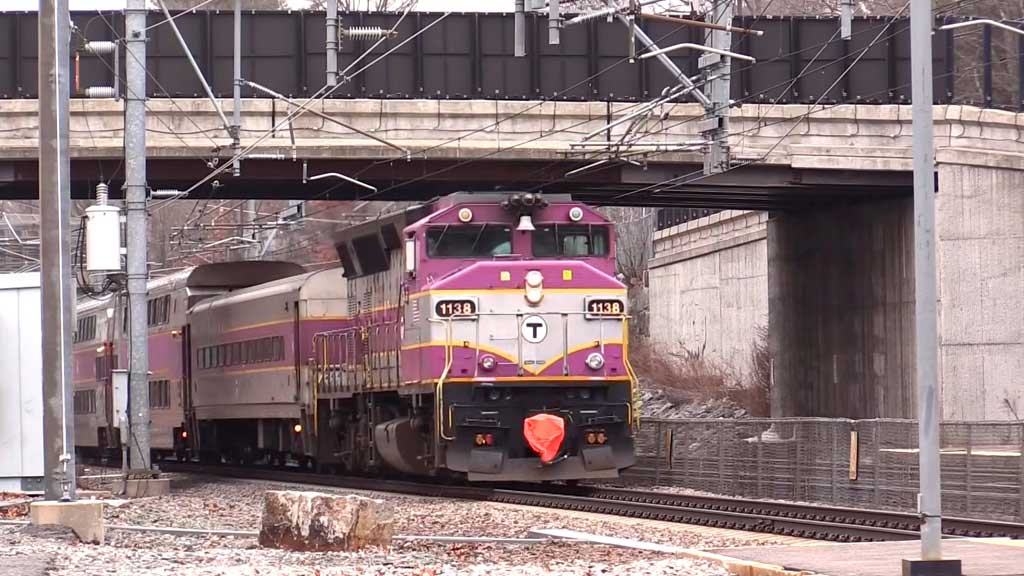
The Massachusetts Bay Transportation Authority (MBTA), known as the “T,” stands as one of the oldest and most extensive public transit systems in the U.S., serving Greater Boston commuters since the mid-19th century.
Its subway system, recognized by colored lines, forms Boston’s public transit backbone, offering efficient travel with the Red Line to downtown, Green Line through neighborhoods like Allston, and Blue and Orange Lines connecting East Boston and Jamaica Plain, respectively.
Beyond Boston, the MBTA’s commuter rail network reaches suburban communities and distant cities like Worcester and Providence.
Extensive bus routes cater to diverse commuters, including express buses and the Silver Line connecting downtown with Logan Airport. Ferry services offer scenic coastal travel, enhancing transportation options in the region.
Regional Transit Authorities (RTAs)
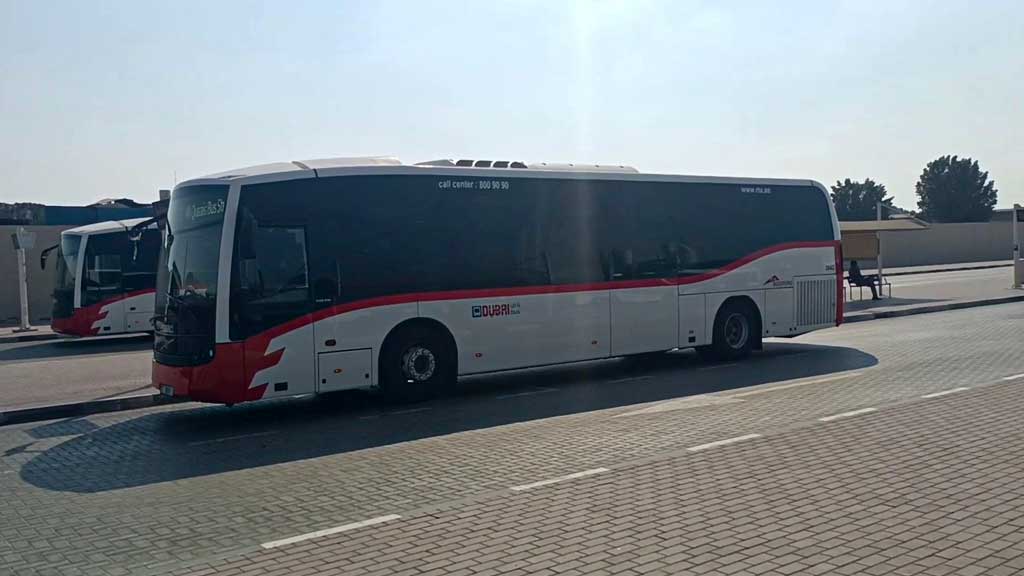
Massachusetts hosts 15 Regional Transit Authorities (RTAs), essential for areas outside Greater Boston. They bridge gaps in public transit coverage.
One such authority is the Pioneer Valley Transit Authority (PVTA), serving Springfield and Western Massachusetts.
PVTA operates buses linking urban hubs, colleges, and neighborhoods, facilitating travel for students and residents.
Another vital RTA is the Cape Cod Regional Transit Authority (CCRTA), the peninsula’s primary transit provider. CCRTA’s buses span from Bourne to Provincetown, covering Cape Cod’s length.
During summer, it expands services to handle tourist influx, providing shuttles to popular spots. RTAs like PVTA and CCRTA ensure efficient transit in Massachusetts’ diverse regions.
Amtrak
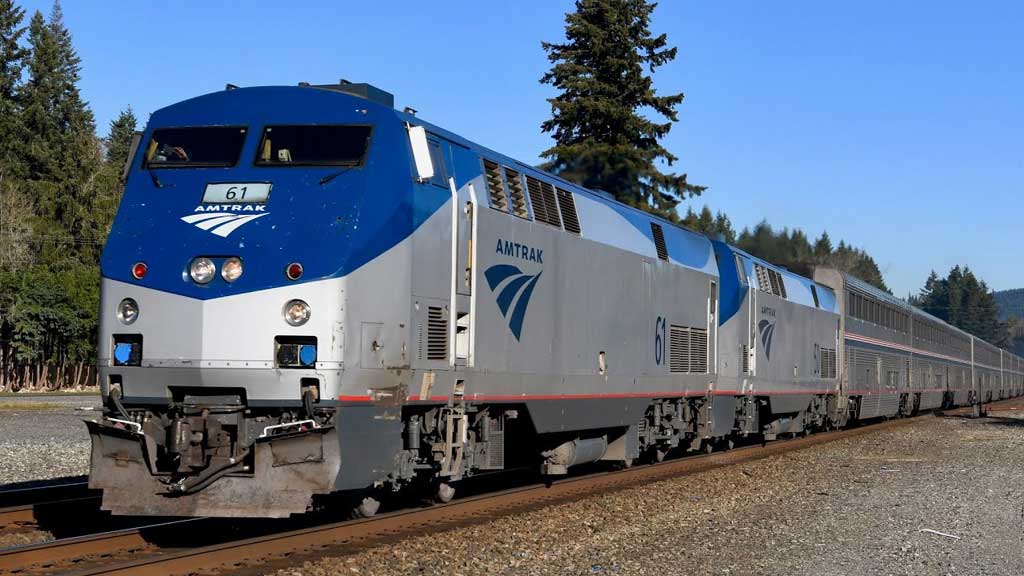
In addition to Massachusetts’ extensive commuter rail network managed by the MBTA, Amtrak offers intercity rail services connecting major cities within the state and beyond.
Among its key routes is the Northeast Regional, linking Boston with major Northeast Corridor cities like New York City, Philadelphia, and Washington, D.C., providing multiple daily departures and comfortable amenities for travelers.
Another notable route is the Lake Shore Limited, offering a scenic journey from Boston to Chicago, passing through picturesque landscapes including the Berkshire Mountains.
Amtrak’s services provide convenient travel options for both regional and cross-country journeys, enhancing connectivity and accessibility for passengers.
Ride-Sharing and Taxis
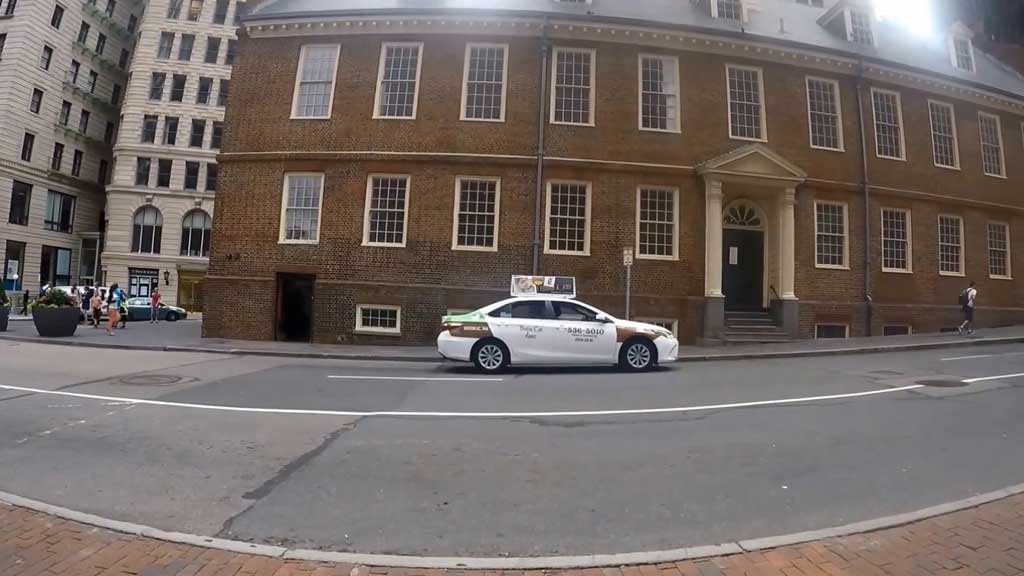
In addition to public transit options, ride-sharing services like Uber and Lyft are widely available throughout Massachusetts.
These services offer on-demand transportation, allowing passengers to request rides via smartphone apps and travel to their destinations with ease.
Taxis remain a reliable mode of transportation, particularly in areas where ride-sharing may be less prevalent or during late-night hours when public transit services are limited.
Bike-Sharing and Walking:
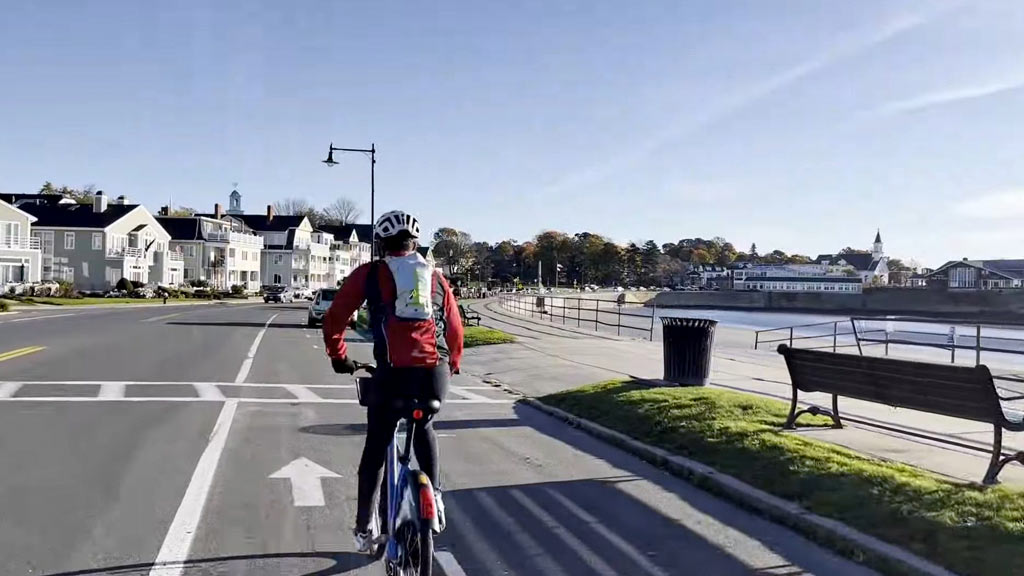
In Massachusetts, cities promote biking and walking as alternative transportation options through initiatives like Hubway, Boston’s bike-sharing system.
Hubway offers convenient bike rentals at docking stations throughout the city and neighboring areas, encouraging short trips and leisurely rides.
Additionally, cities invest in pedestrian-friendly infrastructure, including sidewalks, crosswalks, and pedestrian bridges, making walking safe and enjoyable.
These enhancements particularly benefit urban areas with bustling streets and vibrant neighborhoods.
Overall, these initiatives encourage sustainable and healthy modes of transportation, reducing congestion and promoting active lifestyles across the state.
Logan International Airport
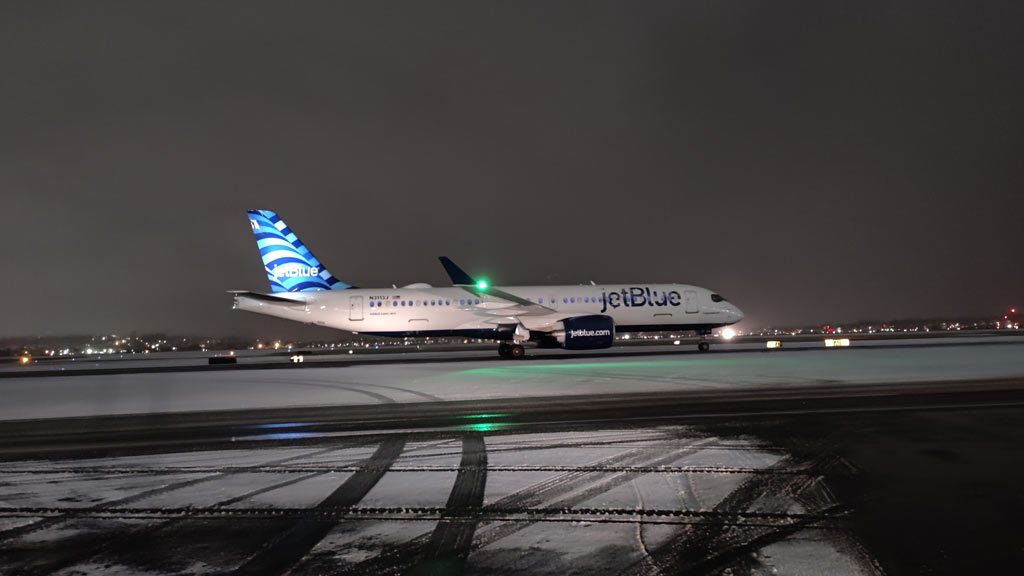
Logan International Airport serves as New England’s primary transportation hub, offering domestic and international flights to destinations worldwide.
Located in East Boston, just minutes from downtown Boston, Logan Airport provides travelers with convenient access to air travel.
The airport is accessible via public transit, including the MBTA’s Silver Line bus rapid transit service, as well as taxis, ride-sharing services, and private shuttles.
Zipcar and Car Rentals
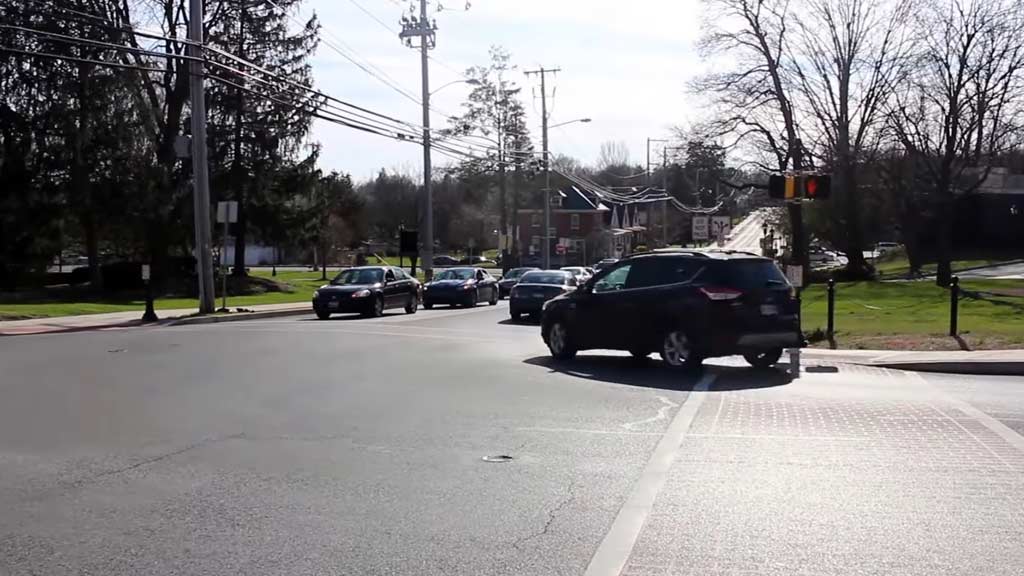
For those needing access to a vehicle for short-term use, car-sharing services like Zipcar operate in several cities across Massachusetts.
With Zipcar, users can reserve vehicles by the hour or day, unlocking cars using a smartphone app or membership card.
Traditional car rental companies also have a presence in major urban centers and at airports, offering a range of vehicles to suit various transportation needs.
FAQs
How Do You Get around Massachusetts Without a Car?
You can navigate Massachusetts without a car using various modes of public transportation such as buses, trains, subways, ferries, and even ridesharing services like Uber and Lyft. Additionally, biking and walking are popular options in urban areas.
What Is Public Transportation Called in Boston?
Public transportation in Boston is commonly referred to as the “MBTA,” which stands for Massachusetts Bay Transportation Authority.
Is Public Transportation in Boston Good?
Yes, public transportation in Boston is generally reliable and extensive, covering a wide area of the city and its suburbs.
Are There Discounts Available for Public Transportation in Boston?
Yes, there are various discounts and fare programs offered by the MBTA for eligible individuals such as seniors, students, persons with disabilities, and low-income residents.
Can You Use Contactless Payment Methods on Public Transportation in Boston?
Yes, the MBTA has implemented contactless payment options for public transportation in Boston.
Wrap Up
Public transportation in Massachusetts stands as a cornerstone of connectivity, accessibility, and sustainability within the state.
As residents and visitors alike rely on its comprehensive network of buses, trains, ferries, and more, public transit continues to shape the fabric of daily life and economic vitality across urban centers, suburban communities, and rural areas.
The Massachusetts Bay Transportation Authority (MBTA), alongside regional transit authorities, plays a pivotal role in facilitating seamless travel experiences while reducing traffic congestion and greenhouse gas emissions.
Through ongoing innovation, investment, and community engagement, public transportation in Massachusetts remains committed to enhancing mobility options, promoting equity, and preserving the environment for future generations.
As a dynamic and integral component of the state’s infrastructure, public transit continues to evolve, adapt, and thrive, enriching the lives of millions and fostering a more connected and sustainable future for all.
Naim Benmayor